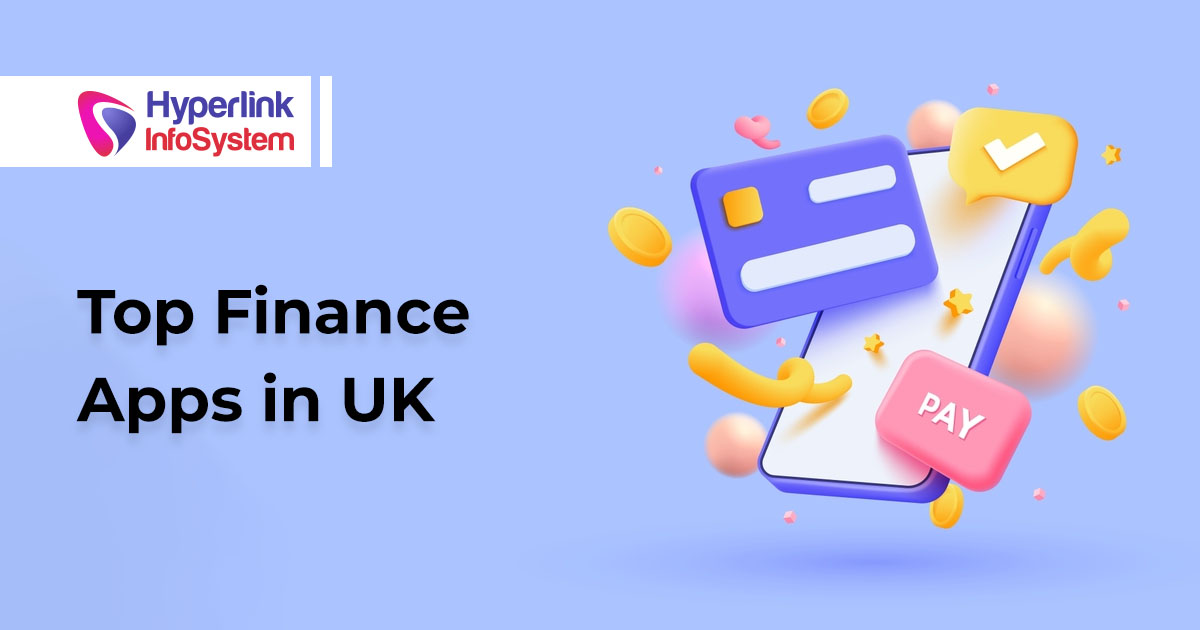To create smart contracts for the Ethereum network, developers can use a language called Solidity, which is a high-level statically typed language. It shares a lot of syntax with popular languages like C++ and JavaScript. To make the creation of smart contracts on the Ethereum network more accessible, Solidity was developed. A language designed to maximize the performance of the Ethereum Virtual Machine (EVM), Solidity makes it possible to write smart contracts that run more efficiently than ever before on the EVM.
Features of Solidity Development
Object-oriented Programming
It's a programming framework that provides instructions as you use it. It's important to notice that its system does not cover functions, but objects, which sets it apart from other programs.
Similarly, the program's codes can be reused to reduce redundancy; this in turn improves the efficacy of the distributed applications that are created. Showing just selected information to other parties is also an indication of privacy and a measure taken to ensure your security.
By using OOP, the language can break down the work involved in creating smart contracts into manageable chunks that can then be separated into their rooms.
Simple to Maintain
Solidity's code is similar to JavaScript, making it accessible to even the most technically inexperienced users.
Thus, the language has received widespread acclaim for the clarity with which its code is presented throughout the globe. Additionally, it enabled the creation of several contracts and apps to meet any need.
It's Optimized for the Ethereum Network
Those in charge of developing this digital money conducted extensive research into simplification and diversification from the Bitcoin network.
As such, Solidity is Ethereum's primary programming language and the one responsible for writing code for its virtual machine.
Statically-typed Language
A statically typed language is one where the variables used in the code must be named before they can be transformed into another form.
Every variable used in a smart contract application must be explicitly named for the machine to understand it.
What Solidity Brings To The Table For Creating Blockchain-Based Smart Contracts
When translated into machine language, Solidity's high-level, human-readable code becomes clear and concise. Most notably, here are some benefits of adopting Solidity:
- Solidity's syntax is comparable to those of JavaScript and C++, making it simpler for programmers with such backgrounds to grasp the fundamentals of Blockchain development. Solidity's code can be written in C++ similarly.
- Solidity is utilized for smart contract development on networks other than Ethereum, including Monax and its Hyperledger, Counterparty, Burrow Blockchain, Tendermint, and Zeppelin by Digital Currency Group.
- Solidity allows for a variety of type-safe operations by enabling ABI (Application Binary Interface).
- Solidity's fast and convenient Application Binary Interface can also be used to transport a variety of supporting roles.
- The solidity advancement makes possible a safe and trustworthy procedure for various platforms engaged in settlement or agreement between two members.
- Fundraising through contracts is possible and can help address issues like third-party costs and the difficulty and price of storing data.
- Solidity allows contracts to have the features of object-oriented programming, such as multiple-level inheritance.
- Multiple members of variables are kept in the Contracts-developed solidity for easy representation and arrangement.
Web Resources and Tools for Solidity
Here are a few more useful resources for creating smart contracts in Solidity:
Dapp
Dapp is a Solidity utility that helps with development, package management, and deployment.
Solidity REPL
You can run your tests on the Solidity platform using the command-line terminal provided by the Solidity REPL.
SolGraph
Downloading the solgraph will allow you to observe possible security holes in the Solidity control flow graphically.
EVMDIS
An EVM disassembler is also included. As a result, the bytecode is constantly subjected to stochastic analysis, which is a more abstract representation of the underlying operations than the Ethereum Virtual Machine's raw implementation allows.
Solium
Solium is a command-line interface listing tool for Solidity that adheres closely to the guidelines outlined in the Solidity Style Guide.
Truffle
As a collection of utilities, Truffle provides us with a wide range of customization choices, but its complexity can make it challenging to utilize for those with just rudimentary familiarity with computer science. One of the most well-known resources available to the group.
ETHFiddle
The Solidity code can be run on ETHFiddle, a rather straightforward website.
Why Choose Hyperlink InfoSystem For Your Solidity Project's Development Needs
The Solidity developers on our team are experts in implementing Solidity in Blockchain platforms like Ethereum, Multichain, Hyperledger, and Bitcoin. Meet with Hyperlink InfoSystem to hire Solidity developers in Leicester, UK. We have built and managed many Blockchain apps for gaming, banking, insurance, initial coin offering (ICO), and other industries so far. We're the best choice because.
We depend on consistently modernizing our knowledge in line with industry standards.
- Our expertise is in the use of cutting-edge technological techniques.
- We have developed our successful methods for developing in Solidity.
- We guarantee complete satisfaction with no weak links in our service.
- We provide better protection thanks to the Blockchain services we provide.



